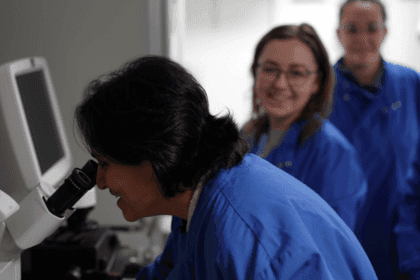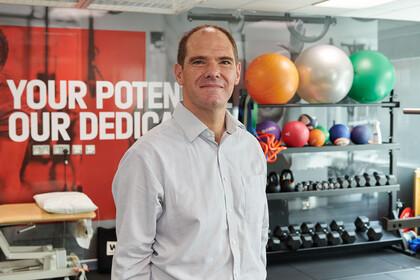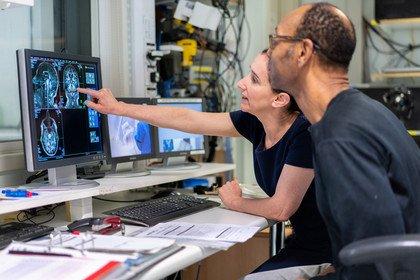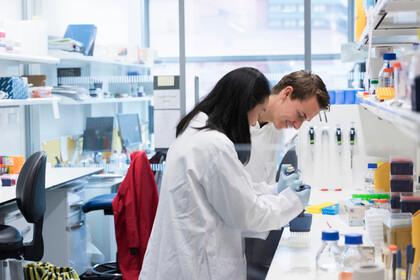Research is essential to solving global challenges. The UK is a leading place to do science, with UK scientists behind many important breakthroughs – from the first baby born through in vitro fertilisation (IVF) to the first vaccine.
The UK government can build on these strengths by further investing in research and development (R&D). Doing so could boost the economy and benefit people’s health, both in the UK and around the world.
As the largest non-governmental funder of UK research, we believe the UK government should further commit to science through three priorities outlined in our manifesto for science.






